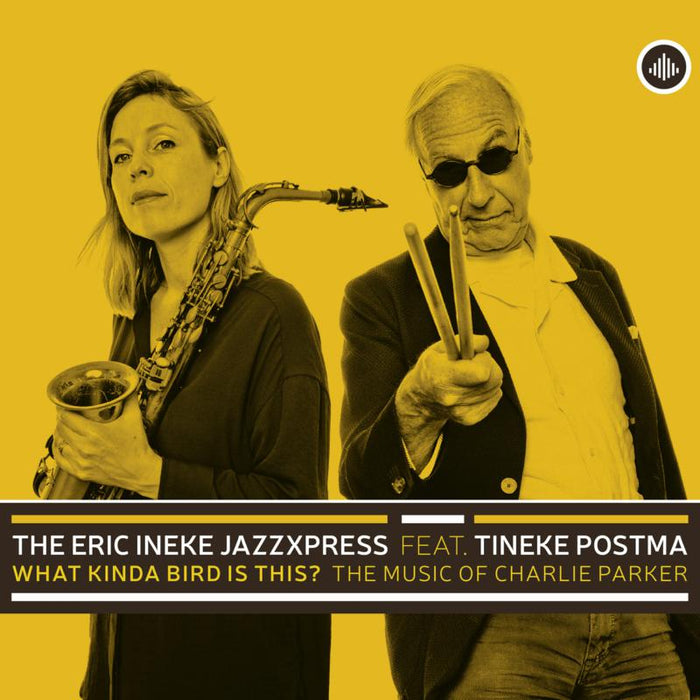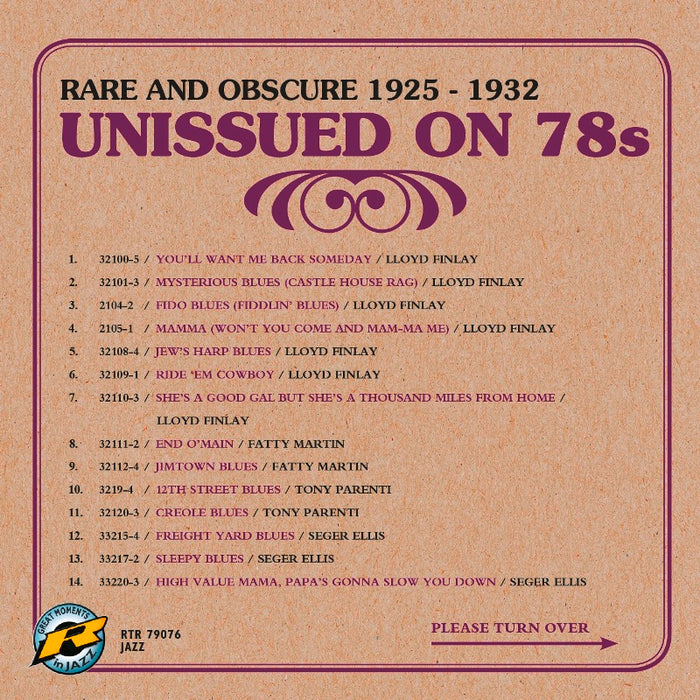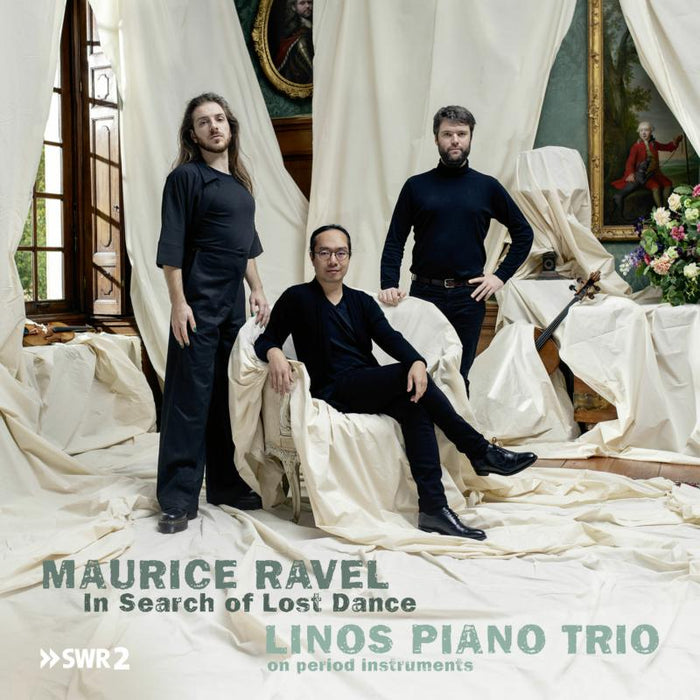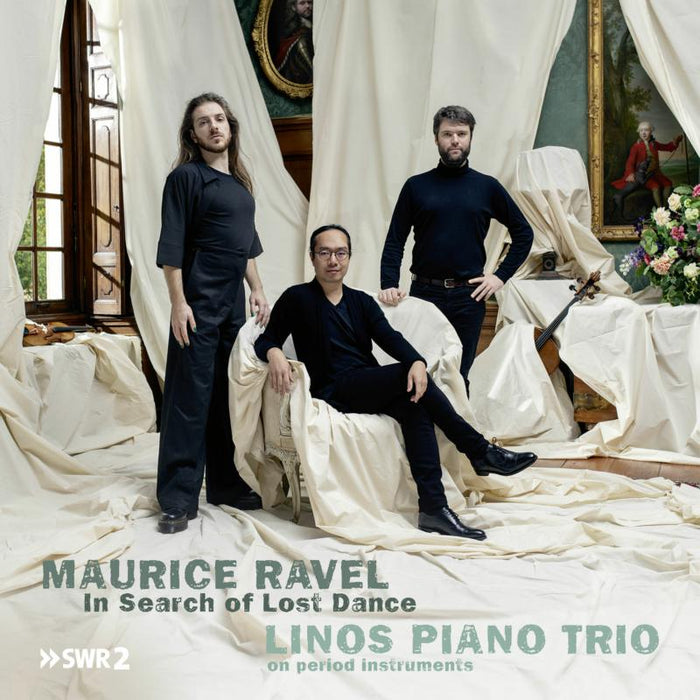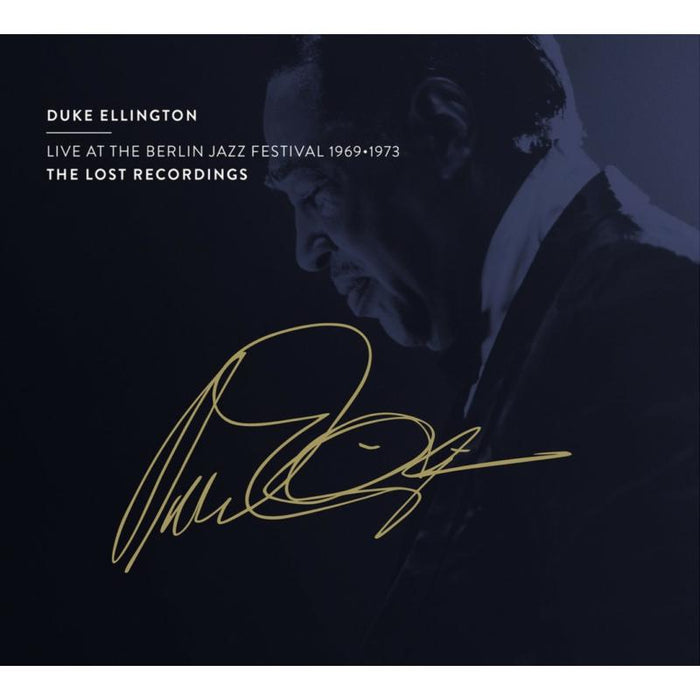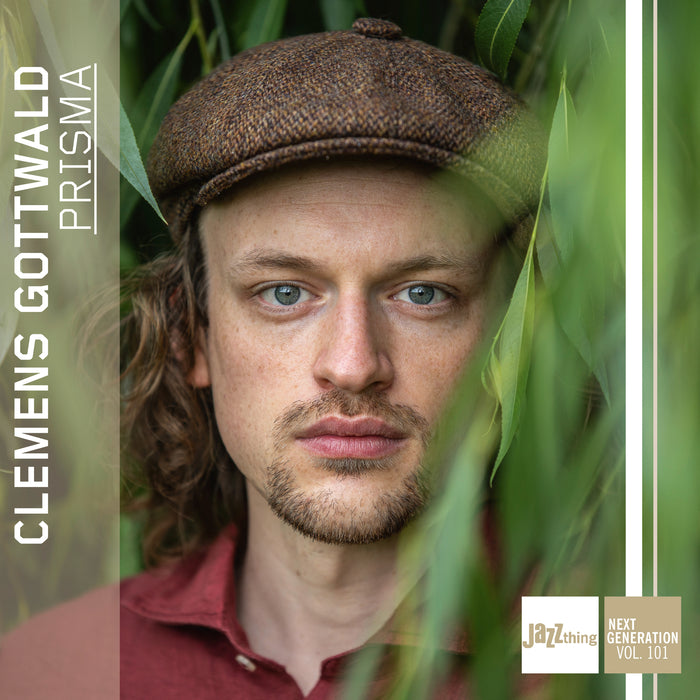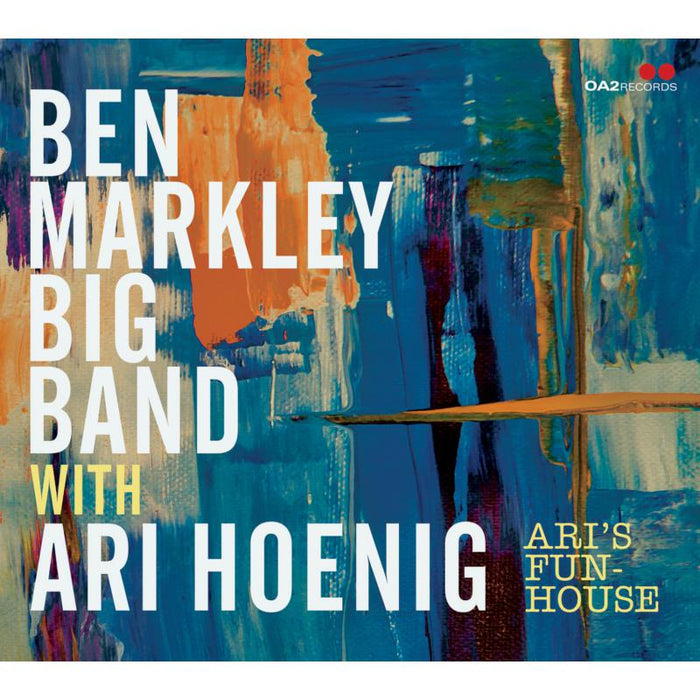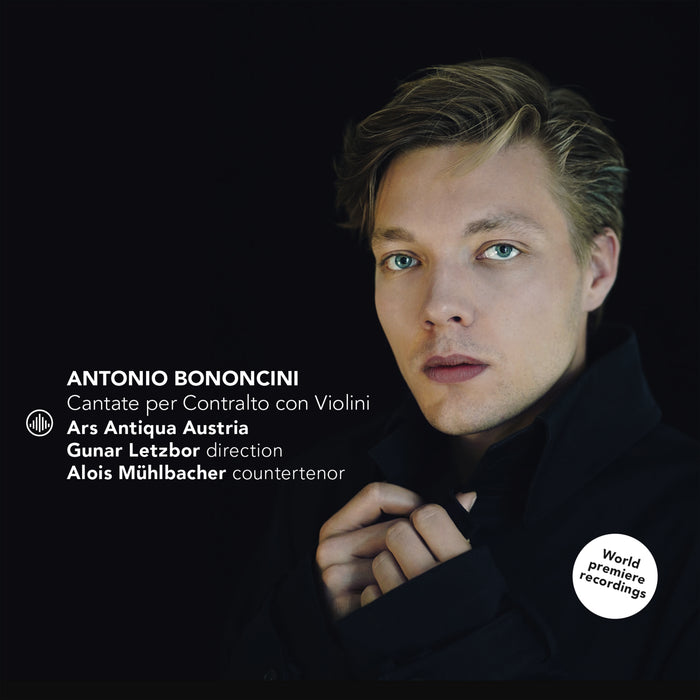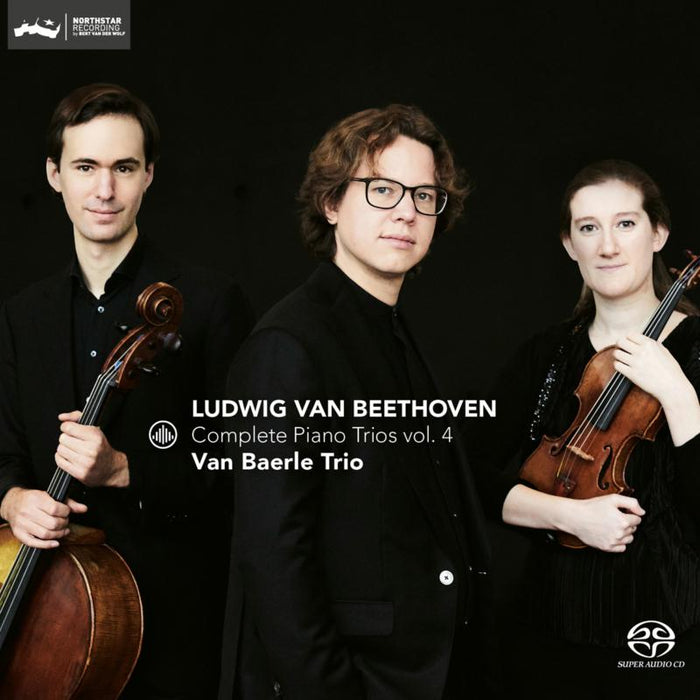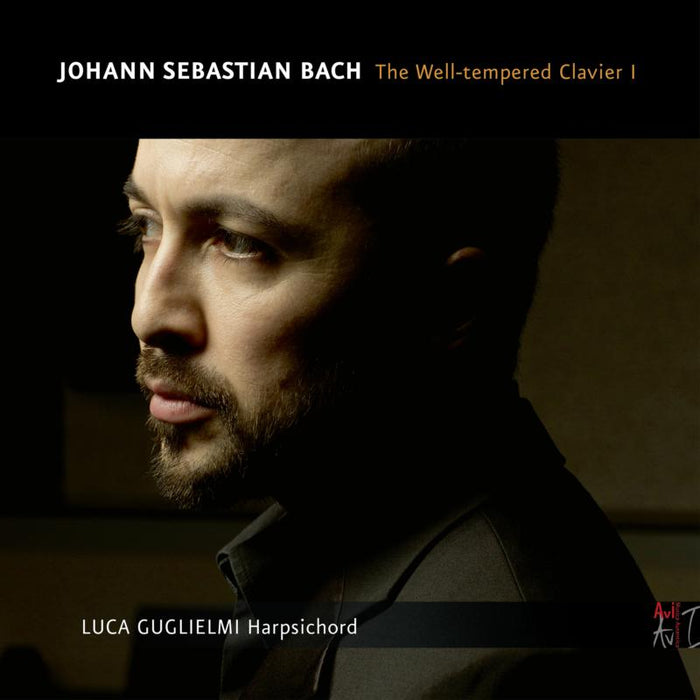Description
Das Wohltemperirte Clavier, a collection of preludes and fugues in all major and minor keys completed by Johann Sebastian Bach in 1722, was clearly modelled along the lines of Ariadne Musica by Johann Caspar Ferdinand Fischer (1662-1746, Kapellmeister in Baden from 1715 to 1746) – an organ music anthology published for the first time in 1702 and probably known by Bach in its second 1715 edition. Bach took Fischer's original layout of 20 keys and expanded it to a total of 24, thereby creating the first self-contained collection of music written for the entire corpus of existing keys.
Bach, who, on the handwritten title page of the beautiful copy now preserved in the Berlin Staatsbibliothek (Mus. Ms. P 415), signed as Hochf. Anhalt-Cöthenischen Capel-Meistern und Directore derer Cammer Musiquen, clearly indicated his purpose in composing this incomparable collection: "for the profit of musical youth desirous of learning, and especially for the pastime of those already skilled in this study."
Regarding the instrument we have chosen for this recording of Vol. II, we have selected a copy by Kerstin Schwarz of the fortepiano built by Gottfried Silbermann in 1749, now preserved in the Germanisches Nationalmuseum in Nuremberg. In recent years a clearer picture has emerged of Bach's instrumentarium, and one can infer that in the last ten years of his life he had a Silbermann fortepiano at his disposal. By then he regarded it as a valid alternative to the harpsichord, the clavichord, and the Lautenwerck, which, taken together, embodied the generic term Clavier. Silbermann, for his part, relied on Bach's assistance as Cantor to help him sell his valuable instruments (a fortepiano cost as much as a Capellmeister's annual salary!), and he was entirely indebted to Bartolomeo Cristofori for the design of his fortepiano mechanism, which he later applied to the robust makeup of harpsichords of late German build.
This recording of the Zweyter Theil of Das Wohltemperirte Clavier is dedicated to her memory as well to her husband, the late Paul Badura-Skoda (1927-2019), in comparable pianist and soloist on historical fortepianos. Version A: after the original manuscript, London (1742) Version B: after the tradition by Johann Christoph Altnichols (1744).
Luca Guglielmi (Turin, Italy, 1977) is a conductor, composer, soloist of keyboard instruments (harpsichord, organ, clavichord, fortepiano, modern piano) and musicologist, renowned for his historically informed interpretations of music of all periods, his wide repertoire from Gesualdo to Stravinsky, and his strong commitment into the study and application of phenomenology of music.
Recently, he has been appointed assistant conductor to Jordi Savall (with whom he collaborated since more than twenty years) in his long-term project of complete performance and recording of Beethoven's 9 Symphonies with Le Concert des Nations.
Luca Guglielmi has a wide discography of more than 50 CDs, among them 18 solo titles devoted to a repertoire from Frescobaldi to Mozart, for such labels as: Accent, cpo, Vivat, Hänssler Classics, Stradivarius and Elegia. His recordings of Bach's Goldberg Variations and Pasquini's Sonate da gravecembalo have been awarded with the Diapason d'or; his last organ recording Bach in Montecassino, for the English label Vivat, received an Editor's Choice from the Gramophone magazine.
Luca Guglielmi is professor of harpsichord, fortepiano and chamber music at ESMUC (Escola Superior de Musica de Catalunya) in Barcelona.


